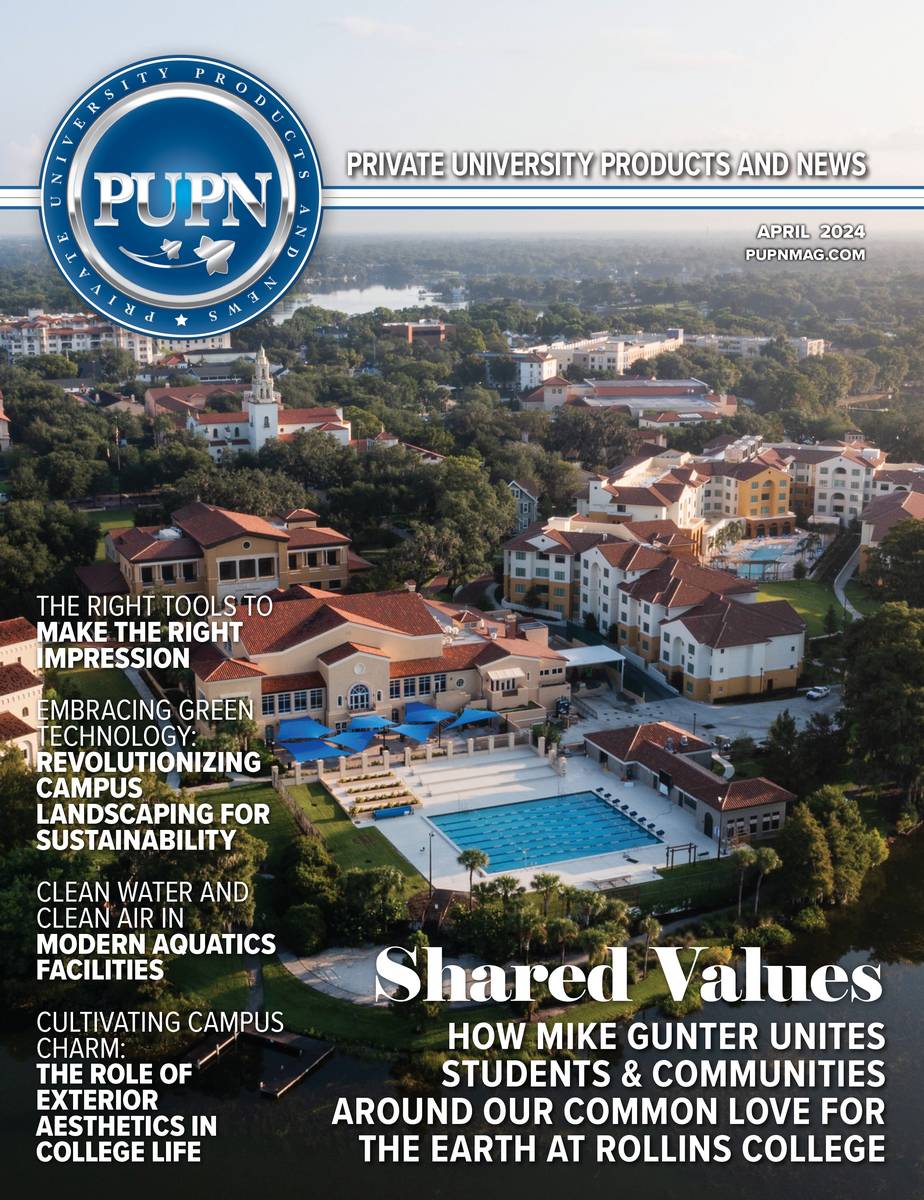As he explores these overlapping areas of inquiry, he uses the insights they can reveal to deepen his own and his students’ understandings of themselves and the world around them—as well as exploring practical applications of their insights. In every aspect of his work, James embodies and enacts the transformative potential of higher education.
Everyone Loves James
Beyond appreciation of James’ incredible interdisciplinary, applied scholarship, students, colleagues, and community members agree that he is a lovely human being. His former student and current mentee Amirio Freeman says, “Aside from James the instructor, James is also wonderful as a person. He’s incredibly funny.” James’ senior thesis advisee AynNichelle Slappy, a Peace and Conflict Studies major from Detroit, Michigan, values the inspiration and guidance James has given her and is thankful for the ways in which they “clicked instantly.”
Local Philadelphia artist and community organizer/ creative Kymberlee (Kym) Norfleet adds, “James is a gift that should be shared and honored.” James’ colleagues share this esteem. Rabbi Michael Ramberg, Jewish Advisor in the Interfaith Center, notes that “Students love James—he is loving, caring, and kind … he’s just a delightful person.” And Yvonne Chireau, James’ current department chair as well as one of his grad school mentors, says she and the department are “lucky” to have him, both as a professor and a researcher. James embodies his inclusive scholarship, and people are drawn to that warmth and welcome.
Radically Peaceful Visions and the Role of Religious Studies
While Religious Studies can cover a wide array of topics and stances, James says that he focuses on “capturing radically peaceful visions.” According to James, religious studies offers a methodological toolkit for simultaneously finding deep meaning in personal experiences while also looking at devastating issues such as “assaults on women’s rights, the negation of science, Christian dominionism, and ongoing climate change.”
As he notes, “Many disciplines have important things to say, but religious studies can provide a constellation of details” that can give particularly helpful insights into these seemingly intractable problems. Additionally, James extends his sense of responsibility to the campus as a whole. As he states, “I take it as my charge to engage diversity and inclusion on campus, and not just aesthetically by sprinkling Black and brown bodies around campus, but through the curriculum and pedagogies, the epistemologies and cosmologies we hold up as authoritative sources of knowledge.”
In expanding ideas of acceptable objects of study and sources of knowledge, James tangibly demonstrates the extensive implications for higher education in valuing the backgrounds and experiences of Black and brown people. Kym appreciates this facet of James’ work, particularly the focus on respect for ancestors through religious and indigenous practices. James’ current project—a book with a working title drawn from Zora Neale Hurston, To Ask Infinity Some Questions—focuses on San Martín de Porres, who is both a folk saint and a canonized Catholic saint; de Porres, a Black Peruvian, was named the patron saint of social justice in 1962. James draws on Hurston’s understanding of culture to explore the ways different communities in Florida relate to San Martín.
James also hosts the “Epistemic Unruliness” stream of the Always Already podcast in which he interviews folks such as artists and scholars who are actually doing the practices found in theoretical textbooks. The name of the stream is a hat tip to Walter D. Mignolo’s idea of “epistemic disobedience,” or defiance of hegemonic ideas of truth and falsehood. James sees his shared podcasting praxis as part of the mouthpiece of the resistance. Swarthmore, at all levels, supports James’ focus and initiatives. His department chair, Yvonne, commends him for centering social justice and the viewpoints of African American and Latinx people in his religious studies courses, calling that centering “wonderful.”
James appreciates that support, noting, “At Swarthmore, we have a Quaker legacy of pacifism which allows us to openly say we’re teaching social justice. I feel empowered that my institution was clear that we needed to fill this role.” The students appreciate James’ approach, as well. AynNichelle states, “Dr. Padilioni demonstrates the power of the liberal arts and what they could be—they could be empowering, and they could be liberating.” All of these pieces of James’ work demonstrate the potential that interdisciplinary, applied scholarship has to permeate and transform all aspects of higher education—our subjects of study and approaches to research, our relationships to the wider community, and our students’ lives.
Applying Scholarship and Making Research Connections
James see his research and teaching as intimately interwoven with and applicable to everyday life. As Amirio notes, “Traveling the world [in James’ class] via theory, music, and video, we came to understand how, throughout the African Diaspora, the body can be both a site of pain and a site of deep joy, pleasure, community-making, world-building, and healing.”
These expansive ideas also come down to the very practical—AynNichelle observes that James is “also good at reminding people to take care of themselves.” This mix of the theoretical and the practical resonates with James’ students, and his colleagues appreciate his style, too. Michael says, “It’s energizing and exciting to students who are animated by addressing issues in the wide world and also in the institution.”
This mix of the global and the personal strikes a chord with James’ students. Amirio appreciates James’ ability to “synthesize knowledge from everywhere into something that feels practical and useful.” Michael discusses one example of James working with students to make religious studies tangible and meaningful. James and his students created an altar for the Day of the Dead in the Intercultural Center. Michael suggests that the altar not only helped students to visualize the presence of ancestors, it also connected with students of many different backgrounds. Michael says that James, in his rigorous classes, legitimizes often ignored traditions that are vital to student identities.
While Religious Studies can cover a wide array of topics and stances, James Padilioni says that he focuses on “capturing radically peaceful visions.” According to James, religious studies offers a methodological toolkit for simultaneously finding deep meaning in personal experiences while also looking at devastating issues such as “assaults on women’s rights, the negation of science, Christian dominionism, and ongoing climate change
Learning from and with Students and Community Members
For James, learning is a multi-directional experience. He conducts his own research while supporting others in developing their own lines of inquiry. He gives his students the freedom “to undertake intimate ‘me-search’ research,” using “indigenous American and African philosophy as primary sources with living relevance.” AynNichelle appreciates the respect he has for his students and their lived experiences, saying that he was the first professor to value her academic interests in health and wellness activism, which are “life and death” issues for her and her family.
James’ support for other people’s work extends beyond the university. Kym, who finds healing and connection with her ancestors through her writing, deeply felt James’ “openness and love” in honoring her as an elder. James took his students to AuntieKym’s Living Room, an event that includes spoken word, intergenerational conversation and Q&A sessions. As Kym says, “I know he thinks he learns from “AuntieKym”; I learn from James as well.”
Teaching in the Now
James uses his background in history and grounding in religious studies to not only understand the past but to explore ways to address the problems of the current time. James connects to Walter Benjamin’s messianic understanding of history, in which the goal is to “save the dead” that are still being “killed” by current historical accounts. We can, James says, continually “find new moments to re-claim.”
Yvonne notes the wide array of historical materials that James draws on to inform the current moment. Because many of the ancestors people honor “died for particular reasons tied to racism and capitalism,” James opens spaces in his classes to “allow ancestral memories to fuel a vision of what could have been and what other worlds could have emerged.” As James points out, the hundreds of years of racialized capitalism has created “intergenerational trauma” which “radiates across the Anthropocene.” The scale of that legacy “means that we all inherit this and all need to think about compassion in a wide range, toward a focus on people who are living the apocalypse every day.” James knows that it is crucial in thinking about Black ancestors to have “more than the middle passage as a frame” and that people need to “recode what it means to be a Black person digging in the dirt.”
James was teaching a course called “Healing Practice and Social Justice” this spring when the campus closed due to the pandemic. He already knew that he wanted the course content to be useful to the students in their lives outside of school, and he organized cohorts looking specifically at issues of land and food sovereignty, prison abolition, and refugee experiences of violence because the values of healing and justice need to be applied in many different settings.
When the semester “fell apart,” he saw that the students were using the ideas within the class to help each other. He says that even though he was not ready for the ways the world has accelerated in the past few months, he saw the “praxis begin to happen” with his students. James thinks beyond transformations in his classes and on his campus; he calls for the development of “an ethical system that allows for flourishing lives even without fully understanding others.” In such an ethical system, people wouldn’t deny their own or others’ identities but relish the “excitement of what we can become.”
Amirio says that James’ teaching now “feels prescient” because of the “seismic” nature of people now “imagining what’s not yet here … people are choosing to imagine more, to imagine better.” Imagining more, imagining better—for our society, our institutions, ourselves, and our students—this is the transformative potential of our work in higher education. May we all follow James’ lead.










